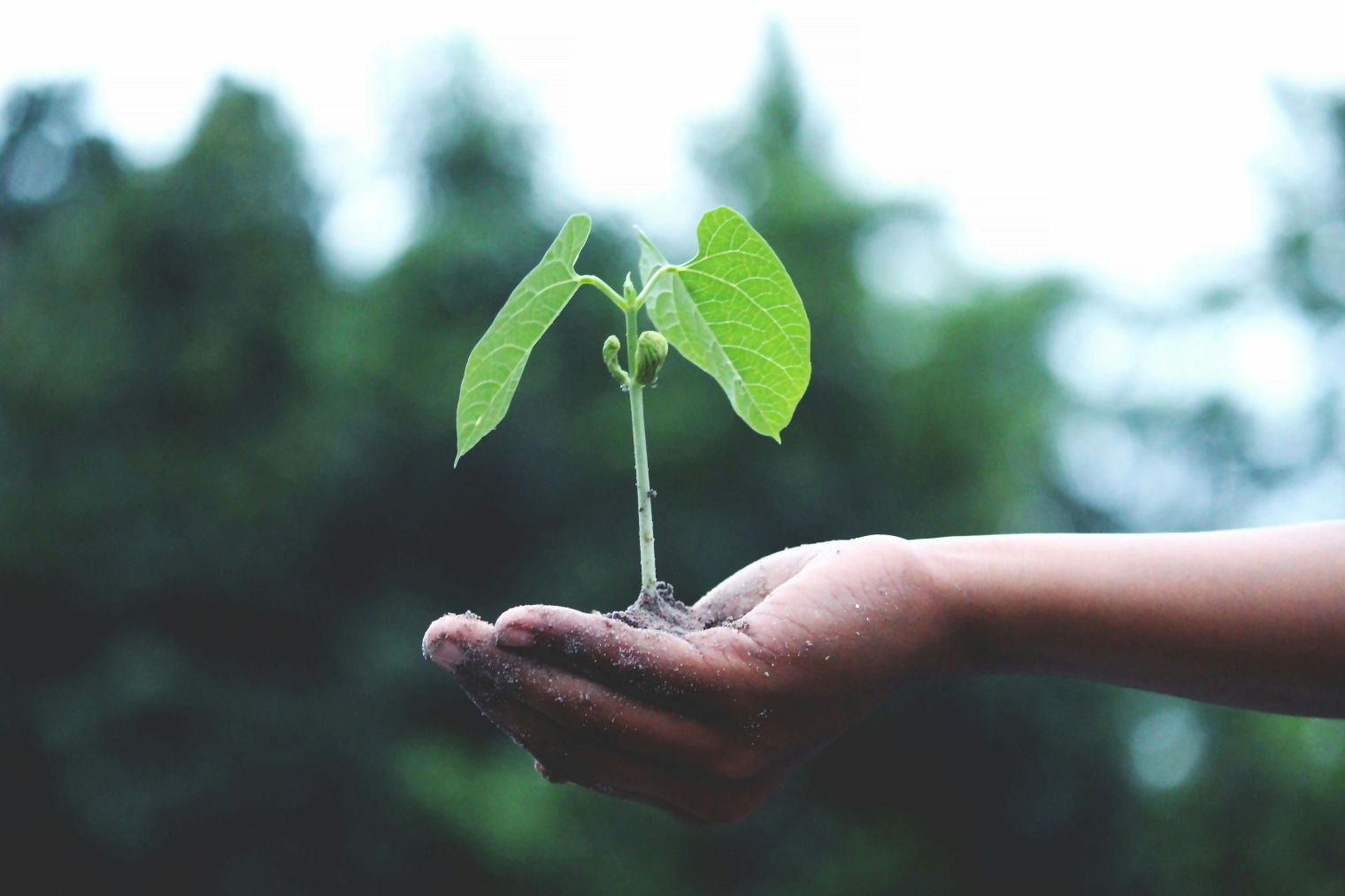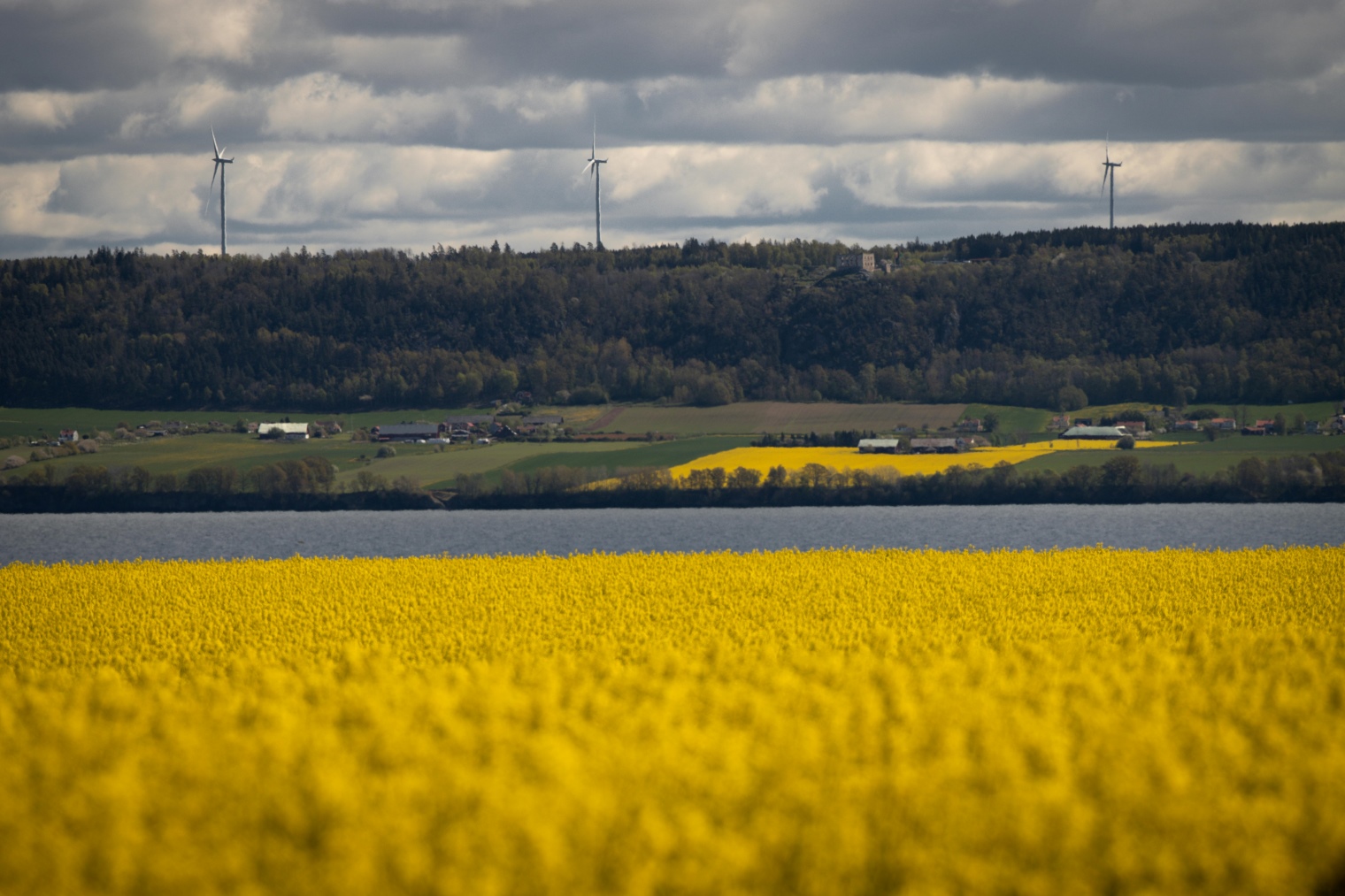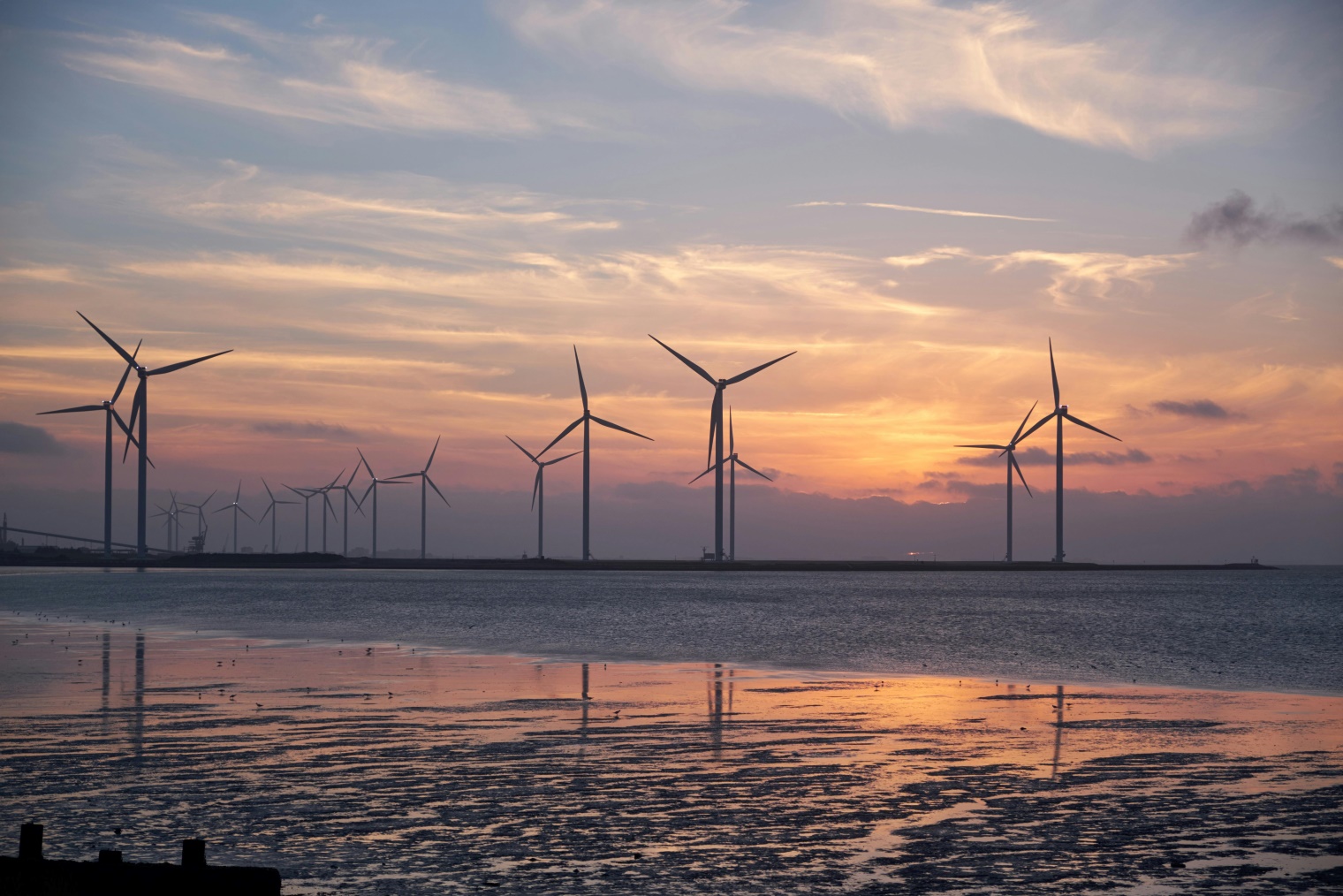Sony Acceleration Platformは、スウェーデンのルンドにも拠点があり、ヨーロッパを中心に世界の事業開発に挑戦するあらゆる企業の皆様を支援しています。
本連載「北欧に学ぶ!イノベーションレポート」では、北欧のイノベーション文化に気軽に触れていただけるよう、Sony Acceleration Platformヨーロッパ拠点のメンバーからのレポートを全編英語でお届けします。
サステイナビリティは、実際にビジネスの収益性を高めることができるのか?
Sony Acceleration Platform Europeは、北欧の企業が気候変動対策を行うこでがどのように競争優位性を生みだしているのか、その様子を身近に感じ日々学んでいます。世界の投資家がサステイナビリティに注目する理由、そして私たちがサステイナビリティに注目していくべき理由について、本記事を通じて発見していきましょう。

From Green to Great: The Nordic Sustainability Mindset
At Sony Acceleration Platform Europe, we’re proud to be part of a global network spanning from Japan to our base in Lund and Malmö, Sweden. These two sites, located in the heart of the Greater Copenhagen region, also known as the Öresund region, are more than just offices. They sit within one of Europe’s most knowledge-dense ecosystems, home to approximately 190,000 students, 14,000 researchers, 17 universities and 19 research parks.
But what makes this region especially unique is the culture that surrounds it. Sweden ranks as the second most innovative country in the world, according to the World Intellectual Property Organization’s 2022 Global Innovation Index. This culture of innovation is inseparable from another defining Nordic trait: a deep commitment to sustainability.
Sustainability is No Longer Optional
Across Europe sustainability has moved from the periphery of business strategy to its very core. Consumers today are far more aware of environmental and social issues. They expect the brands they support to act responsibly. For companies, this shift means sustainability is not just about compliance or image. It’s about competitiveness, long-term viability and trust.
However, measuring sustainability is not straightforward. Depending on the industry and the goal, businesses can choose from several frameworks to name a few:
- ESG (Environmental, Social, Governance): Often used by investors to evaluate how a company manages risks and opportunities related to sustainability.
- CSRD (Corporate Sustainability Reporting Directive): An EU directive requiring more rigorous reporting from 2024 onward.
- GHG Protocol: Helps companies measure and manage greenhouse gas emissions across Scope 1, 2, and 3.
- ISO 14001 and 26000: International standards covering environmental management and social responsibility.
- Life Cycle Assessments (LCAs): Assess the full environmental impact of a product or service across its life cycle.
Another important framework guiding sustainability efforts globally is the United Nations Sustainable Development Goals (SDGs).
The SDGs: A Shared Roadmap

The United Nations Sustainable Development Goals (SDGs) were adopted in September 2015 as part of the 2030 Agenda for Sustainable Development. These 17 goals provide a global framework for addressing challenges like clean energy, climate action and responsible consumption.
In the Nordic region, the SDGs are widely embraced - not only by governments but also by businesses, startups and research institutions. Companies integrating the SDGs into their core strategy are also improving efficiency, reducing risk and strengthening engagement with both customers and investors.
Investors Are Paying Attention
One of the most significant shifts in recent years is how investors evaluate businesses. ESG (environment, social, government) criteria have become a key part of investment decision-making. It’s no longer enough for a company to deliver quarterly profits. Investors want to know how sustainable that success is.
Sony’s global Road to Zero initiative is a good example of how a company can lead on this front. It aims to achieve a zero environmental footprint throughout the life cycle of our products and business activities. This kind of long-term vision aligns with the expectations of today’s stakeholders and highlights how environmental leadership can also support innovation and growth.
What the Nordics Can Teach Us
With a combined population of over 27 million, the Nordic region represents the world’s 12th-largest economy. It has set an ambitious goal: to become the most sustainable and integrated region in the world by 2030.
This is more than a vision. It’s backed by action. For instance, Sweden introduced a carbon tax in 1991, helping to significantly reduce emissions while also funding clean energy projects. Norway generates the majority of its electricity from hydropower. Denmark, home to companies like Ørsted and Vestas, is a global leader in wind energy.
But sustainability here goes beyond energy production. The concept of “Allemansrätten” in Sweden - the Right of Public Access - allows people to move freely through nature. This fosters a culture of environmental stewardship that’s deeply rooted in everyday life. Environmental justice is also emphasized: policies are designed to ensure that the benefits and burdens of environmental decisions are shared fairly across society.
The region is also a leader in circular economy practices. Businesses here are actively working to reduce waste, recycle materials and design products with a circular lifecycle. Combined with policies promoting social equity and innovation, this approach is shaping a new generation of responsible companies.
Rethinking Profit: The Triple Bottom Line
What’s emerging in the Nordics is a new way of defining business success. Instead of focusing solely on financial performance, companies are turning to the Triple Bottom Line: People, Planet, and Profit.
This framework challenges the notion that sustainability comes at a financial cost. In fact, many forward-thinking businesses now view it as a strategic investment. By creating value for employees, customers, society and the environment - companies can build resilience and strengthen their brand.
Sustainability and innovation are not opposing goals. When approached strategically, they reinforce each other. At the Sony Acceleration Platform, we believe that building sustainable business models is not only the right thing to do, it’s also the most forward-thinking way to grow an idea into a business opportunity.
By learning from the Nordic approach, companies around the world can take meaningful steps toward a more sustainable future.
If you would like to learn more, get in touch with the Sony Acceleration Platform today!

いかがでしたか?
ヨーロッパに学ぶイノベーション文化の醸成に関して、貴社向けの講義の実施や支援のご相談を希望される場合には、以下のフォームよりお問い合わせください。



